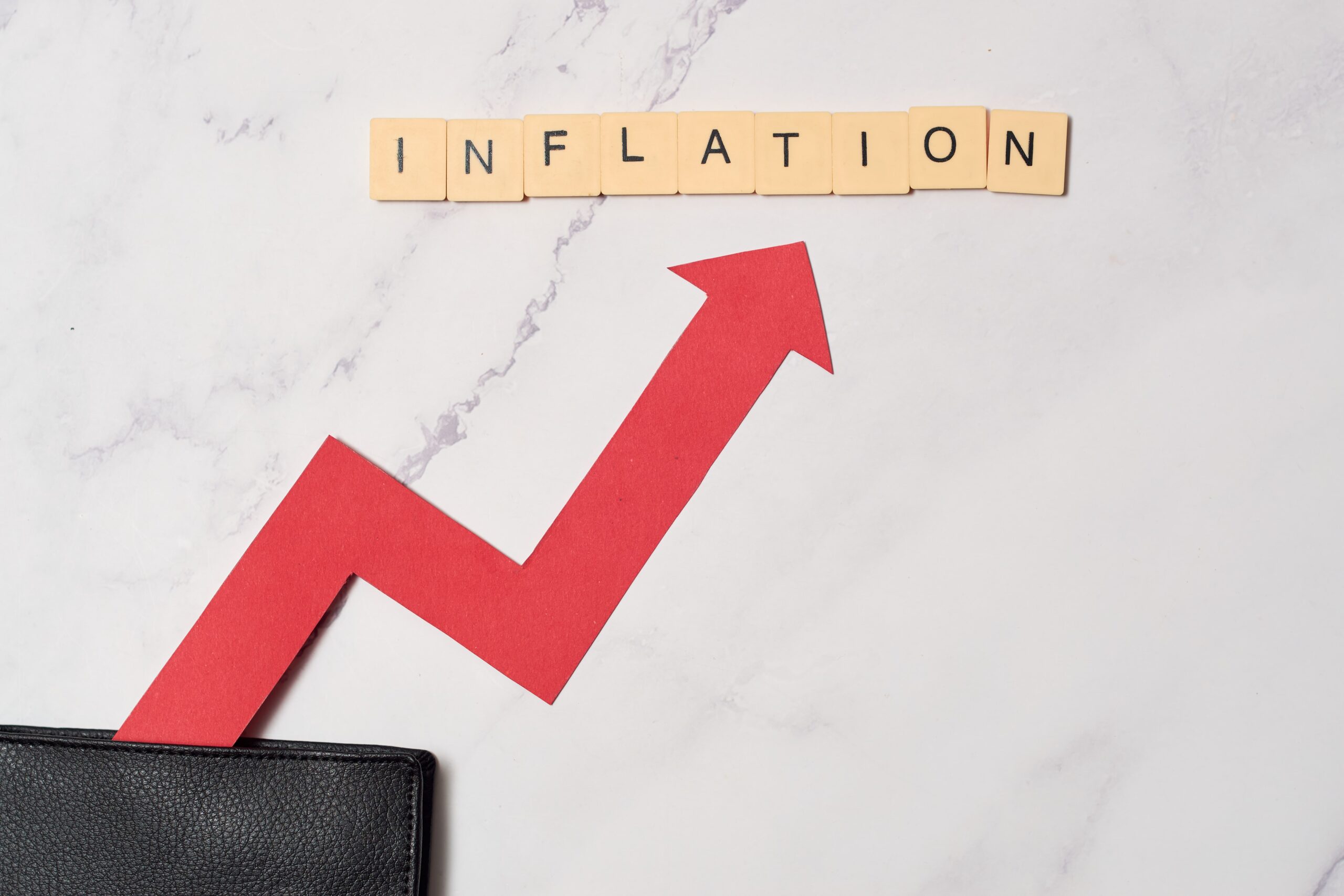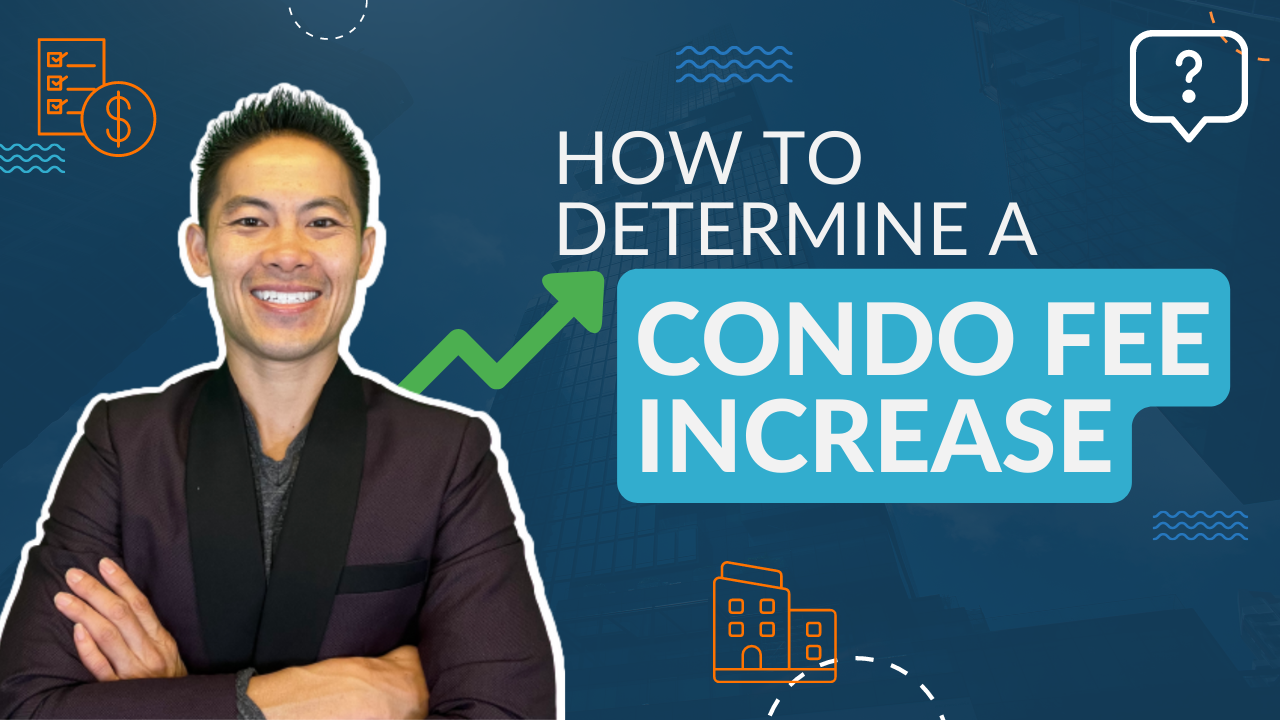One of the recurring questions that property managers and condo association boards often grapple with is when and how to decide on increasing condo fees. This decision can be delicate, balancing the need to cover rising expenses while keeping homeowners’ financial burdens manageable.
In this article, we’ll explore some practical considerations for making informed decisions about condo fee increases.
1. Keep Pace with Inflation

One fundamental guideline is to ensure that condo fees are keeping up with inflation. In recent years, inflation rates have occasionally surged beyond the typical 3-4%, reaching the 6-7% range. When inflation affects the cost of living, it invariably impacts all aspects of a condo association’s budget.
To maintain financial stability, it’s essential to align condo fee increases with these economic shifts. While no one enjoys fee increases, they are often more palatable than the alternative—special assessments.
2. Mitigate the Need for Special Assessments
Special assessments are one-time or multiple-time collections imposed on homeowners to address financial deficits or cover unexpected expenses. Homeowners generally find assessments more burdensome and disruptive than modest annual fee increases.
To avoid the need for special assessments, it’s advisable to implement regular, incremental fee adjustments.
3. Consider Capital Improvements and Repairs

Condo associations must factor in planned capital improvements and major repairs. Major projects, such as replacing a boiler or repairing a roof, necessitate significant funds.
It’s essential to incorporate these expenses into the budget and adjust condo fees accordingly. By increasing fees proactively, associations can build up the necessary reserves to tackle these projects without resorting to assessments.
4. Monitor Budget vs. Actuals
Effective financial management requires ongoing monitoring of the association’s financial health. Regularly compare the budget against actual expenditures on a monthly basis.
If this analysis consistently reveals a budget deficit, it’s a red flag that action needs to be taken. Running a persistent deficit depletes the association’s funds and can lead to financial instability.
5. Assess the Surplus

While budget deficits signal the need for fee increases, it’s also important to consider whether there’s a surplus. Excess funds, beyond what’s required for immediate expenses and reserves, may suggest that fee increases are unnecessary at that moment.
However, it’s important to balance maintaining an adequate surplus and preventing fees from becoming burdensome.
Navigating Condo Fee Decisions with Expertise
The decision to increase condo fees should be made with a careful assessment of various factors. These factors include the impact of inflation, the need to prevent special assessments, planned capital improvements and repairs, and ongoing financial monitoring. Associations should prioritize financial stability to ensure the long-term well-being of their community.
If you or your association are navigating the decision to increase condo fees, consider seeking guidance from professionals experienced in condo association management, such as Boston HOA Management. We offer more than property management; we provide peace of mind and financial stability for your community.





